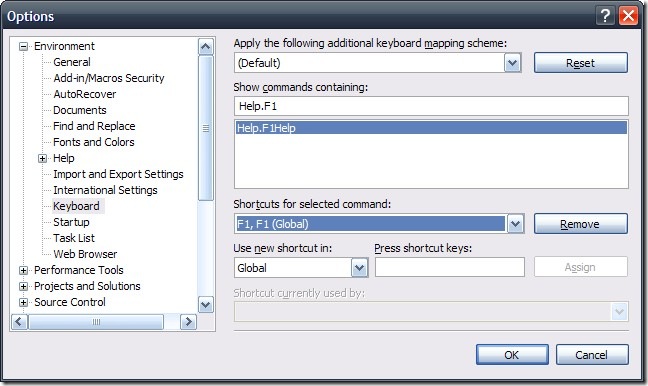Read the ‘official’ interview here.
I really don’t know what to think about this. I definitely don’t like the phrase “free for download” because it can be very misleading. James Moore has been more explicit in other posts by saying that existing functionality will remain free for download and use. I’m supportive of this move if this is the case and I hope that Red Gate can add value to this product. While it is one of the best .Net tools around, it isn’t perfect.
I think this brings great risk to Red Gate. Any serious developer has Reflector as their #1 tool and I am confident that the percentage of good developers out there is substantial. It will be really bad publicity for Red Gate if they tick off that number of people in the industry. Everyone wins if they make the right moves though.
On that point, Red Gate is spending the next couple of months asking the community about what they should do with Reflector. Want to be heard by Red Gate? Flood the forum and let them know how you want this to play out.
I hope that Lutz was well paid for this product. He deserves every cent for how he had supported the industry for so many years.

